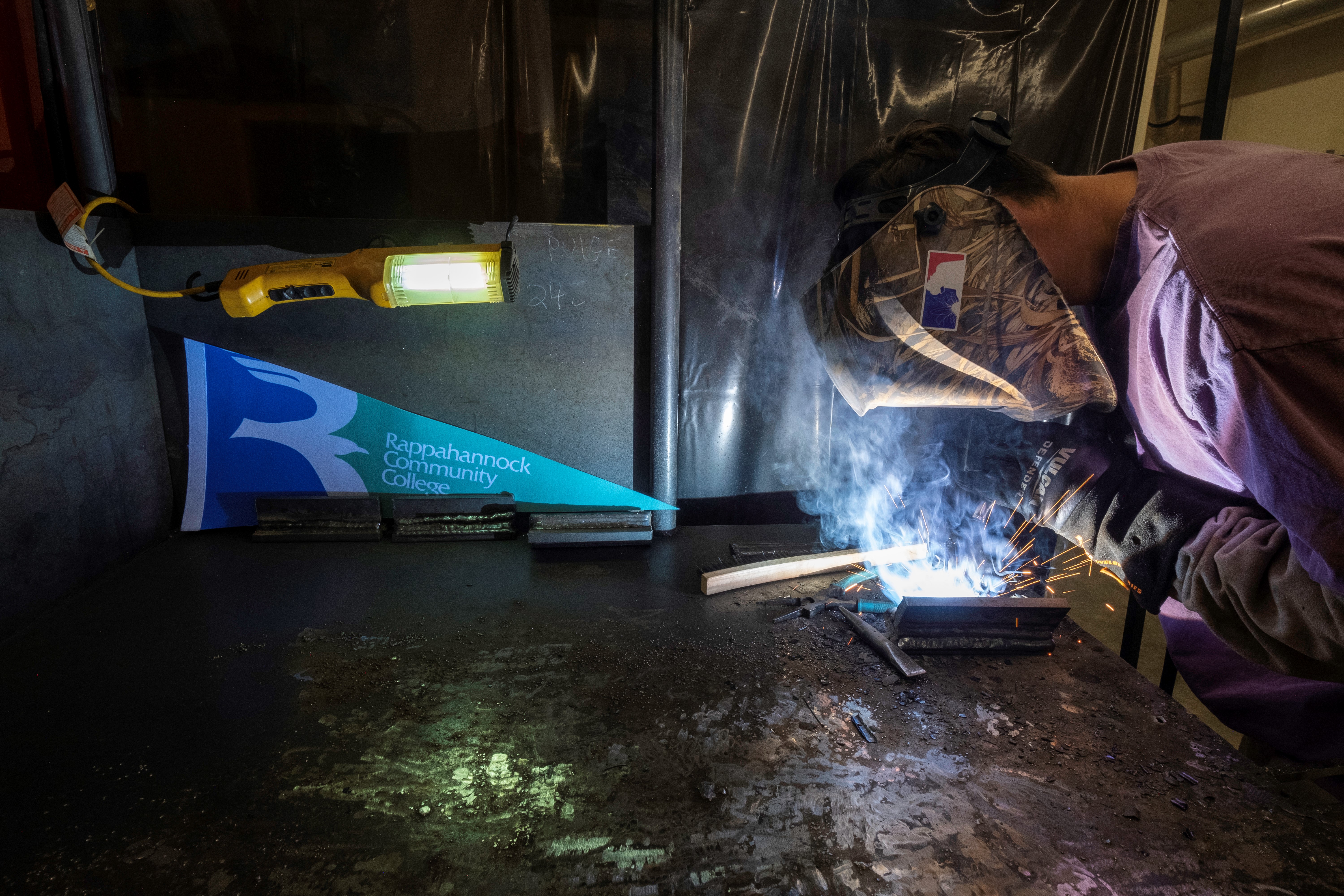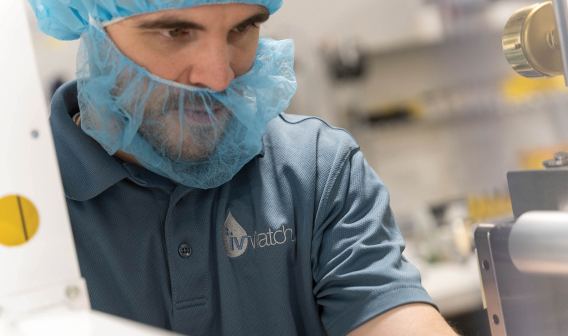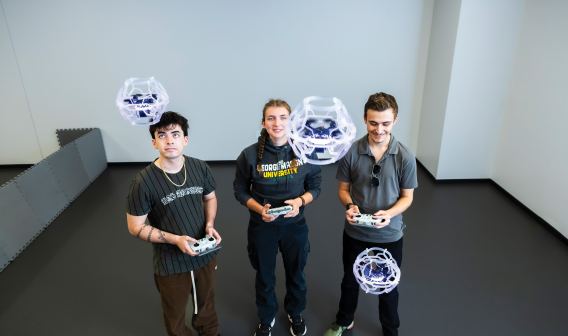Tailor-Made Welding Talent
Before opening its Westmoreland Workforce Training Center (WWTC) in 2018, Rappahannock Community College (RCC) held welding courses in the evening in borrowed space at Northern Neck Technical Center that a local high school used during the day.
The training facility, built using a grant from the GO Virginia economic development initiative, has allowed the school to expand its offerings to include customized learning opportunities RCC has developed with employers in the region.
Some of those employers are looking for professionals who possess general welding skills. Individuals who hope to fill those jobs can obtain those skills by taking the school’s primary welding course and receiving an American Welding Society (AWS) certification, and companies in the region can reap the benefits of a better-trained talent pool — but the benefits for employers who engage directly with RCC can be much greater.
Carry-On Trailer in Westmoreland County is one of those employers. The manufacturer of steel and aluminum utility trailers needed to supplement its workforce to keep up with increasing demand and growth into the Northeast and Canadian markets. Company executives reached out to local and regional economic development partners to devise a creative workforce solution, ultimately resulting in the creation of the WWTC.
“Carry-On had an urgent need for welders. It was clear the area needed a larger capacity for training — and a larger trained workforce,” said Gary Holbrook, Carry-On Trailer’s director of dealer sales. “Previously, the college was only able to offer nighttime welding classes due to lack of space. This building has expanded RCC’s capacity for training and allowed for more flexibility for business owners who want to send their employees to a class.”
Other companies have particular training in mind they’d like job candidates to receive before coming on board — and are reaping the benefits of the specificity RCC and the WWTC can provide, which includes classes in industrial machining and milling in addition to the welding training. Besides Carry-On Trailer, graduates have gone on to work for employers including East Coast Boat Lifts, Inc. and Miller Marine Inc. in Middlesex County on the Middle Peninsula, along with shipyards in the Hampton Roads region.
“When they need something specific, we can pretty much switch things around and make sure we gear it toward them,” said RCC Training Coordinator Michelle March. “For example, for Carry-On Trailer, [employees] are welding trailers, so the students in that particular class actually worked on a physical trailer, instead of test plates like our regular welders would.”
RCC made other changes to its trainings to accommodate Carry-On’s needs. The college abbreviated its typical class frequency — normally six weeks of twice-weekly, three-hour-long sessions — at the company’s request, compressing the program to operate on a business schedule. To date, CarryOn has hired approximately 20 RCC graduates, according to Holbrook.
Tapping in to RCC’s pipeline of talent has become the thing to do. “Now — and this wasn’t necessarily the case six years ago — all the local shipyards, as soon as they have openings, are reaching out to our instructors, letting us know, and we’re sending people right to them,” March says. “It’s a steady flow. We have the relationship with them that they know if they need a welder, they can come to us.”
She added: “Our job is to make sure [companies] have the workforce they need, and that the workforce is trained up to the status they need. We can’t do that without finding out from them what their requirements are going to be, so it’s a constant give and take.”





